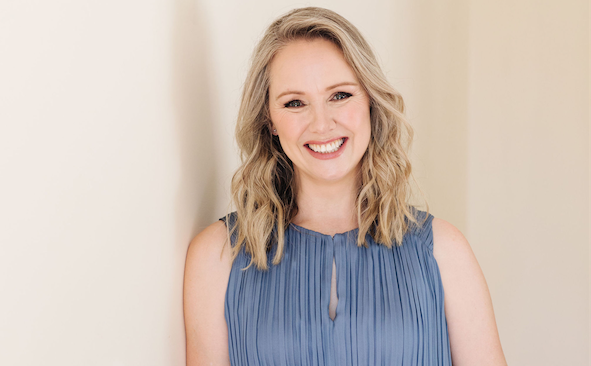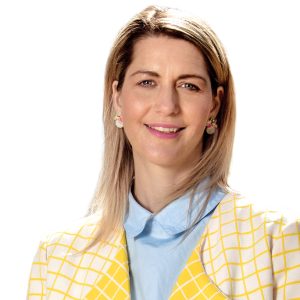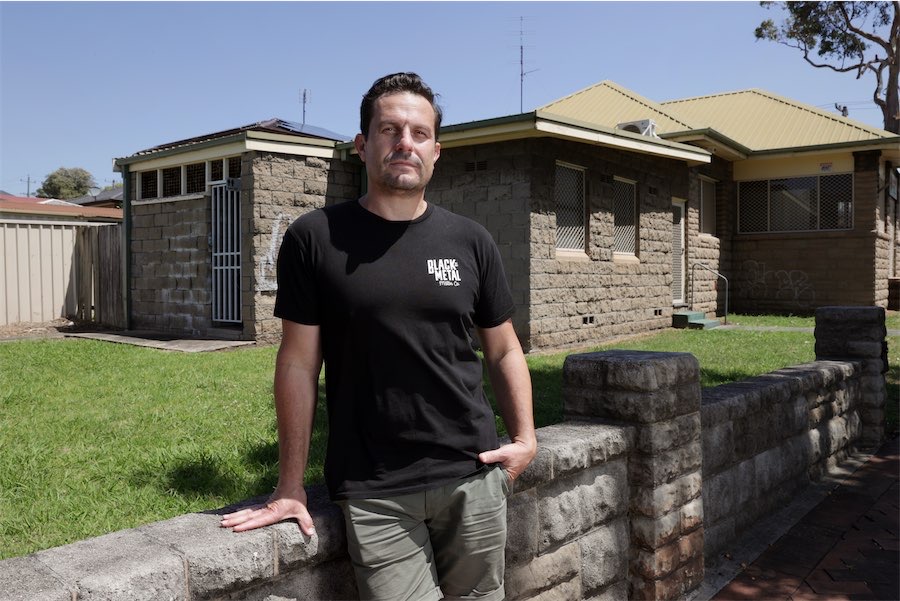
WHILE the peak of the pandemic may have passed in this country, anxiety and stress in children is accelerating, a child behavioural expert warns.
“The pandemic amplified existing anxiety for kids, but it also created anxiousness in children whose mental health was tracking fairly well before the pandemic hit,” said Dr Jodi Richardson.
Dr Richardson has spent 20 years studying behaviour in childhood and argues that the implications for increased childhood anxiety, as a result of covid, are not yet fully understood.
She is guest speaker at an online seminar hosted by the Association of Parents and Friends of ACT Schools Inc.
The seminar is in response to a survey conducted by the Australian Primary Principals Association (APPA) of 700 primary schools that cites anxiousness in young students as a “significant issue”.
“I wasn’t at all surprised by the research,” Dr Richardson said.
“During the pandemic there was so little control over our lives, life as we knew it was over and that was really hard for adults to deal with let alone for kids.”
Until the pandemic hit, going to school, hanging out with friends, and playing sports, had all been part of a typical childhood.
For many children and teenagers, it was a time of restrictions, unpredictability, and loneliness, with the pandemic depriving them of a daily school structure and access to social groups.
And, according to Dr Richardson, that means children are not all right.
“Uncertainty is a driver of anxiety and anxiety is our bodies’ and brains’ response to threat, so in the midst of the pandemic we were faced with a very real threat to our safety,” Dr Richardson said.
“The lack of connection with friends, the change of routine, the worry about the virus combined with not being able to do the things that help with mental health such as seeing friends and exercising.”
Similarly, returning to school presented its own challenges and adjustments, Dr Richardson said.
“A lot of kids that were developing challenges with anxiety during covid were at home where parents could comfort them, but returning to school and getting back to routine took kids out of their safety zone and that has been particularly hard for some.”
In the APPA survey 60 per cent of schools stated they were under-resourced to deal with the issue of anxious students.
“Teachers aren’t trained to be counsellors and psychologists and yet a lot of the work they do with kids is counselling, supporting and nurturing kids who might be struggling,” said Dr Richardson.
Making sense of the pandemic has been challenging for everyone, but for children, it’s been especially hard.
Dr Richardson said support services are “overloaded” with many families waiting months for appointments.
“Tele-health has been amazing and enabled people to connect with psychologists that are not in their area, but it’s totally different talking to a screen versus being in an actual room with someone face-to-face.”
Dr Richardson, a mother of two school-aged children, said there are strategies parents can try at home.
Having struggled with anxiety since she was four, but not being diagnosed until her twenties, Dr Richardson said recognising the patterns of anxious behaviour and helping kids manage their response to anxiety is key.
“The pattern that was very strong in my house when I was an anxious child was that I would have a worry, I would go to mum and mum would say it’s okay and my anxiety would settle down for a short time, until I would go back to mum again and it became a pattern,” Dr Richardson said.
Once parents start to recognise anxious patterns then simple strategies can be applied, she adds.
“One of the physical changes that can occur with anxiety is shallow breathing which mucks up the balance of oxygen and carbon dioxide in the blood and that can make us feel dizzy,” Dr Richardson said.
“One way to settle that anxiety symptom is a style of breathing, which I will teach in the seminar.”
Dr Richardson said early intervention is key to preventing emerging conditions from worsening.
“I know what it’s like to be the anxious kid and my parents and teachers were not equipped to help me, so a huge part of my mission is to help parents recognise it so they can get help for their kids sooner rather than later.”
The online seminar is at 7.30pm, March 29. Tickets from drjodirichardson.com
Who can be trusted?
In a world of spin and confusion, there’s never been a more important time to support independent journalism in Canberra.
If you trust our work online and want to enforce the power of independent voices, I invite you to make a small contribution.
Every dollar of support is invested back into our journalism to help keep citynews.com.au strong and free.
Thank you,
Ian Meikle, editor





Leave a Reply